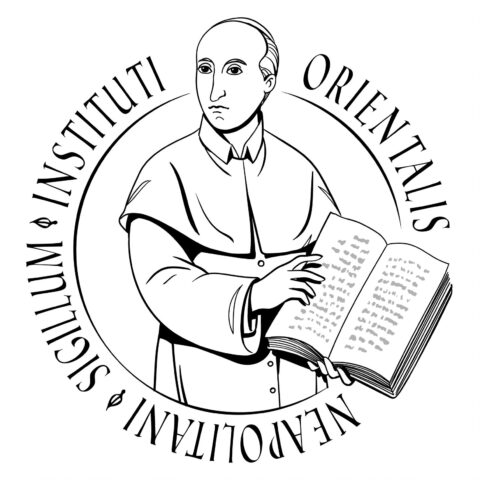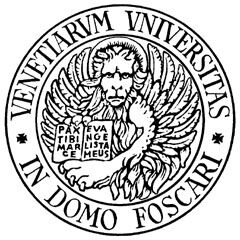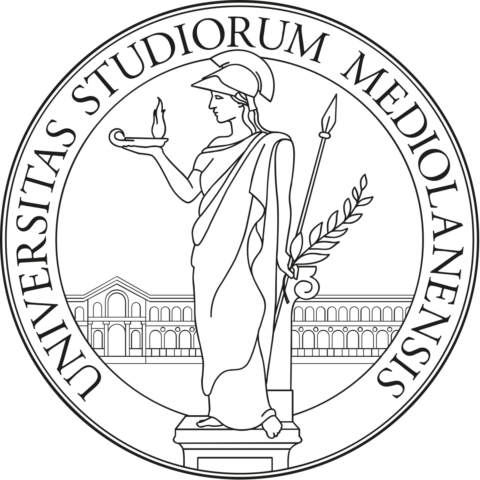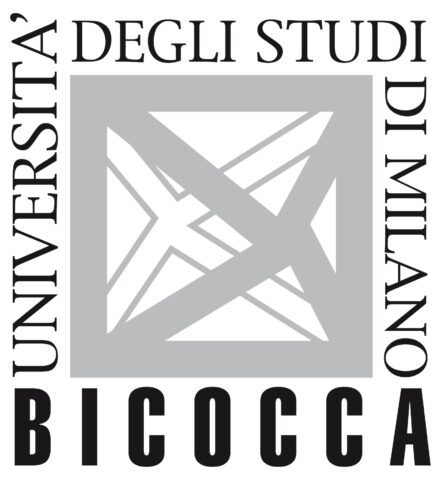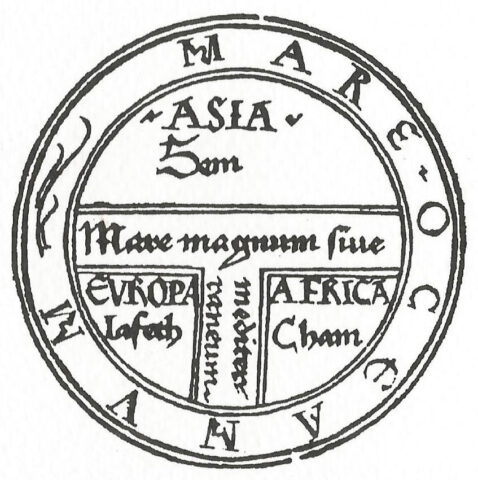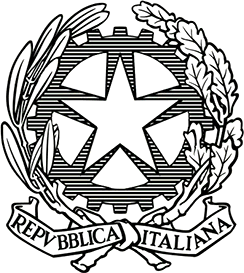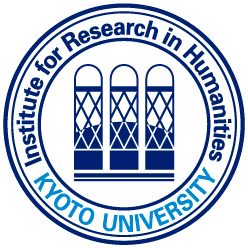The Italian School of East Asian Studies (ISEAS) supports Italian researchers in Japan across all fields of humanities and social sciences.
Currently, it receives generous support from the Italian Embassy in Tokyo and a consortium of Italian universities and research institutions (University of Naples “L’Orientale”, Ca’ Foscari University of Venice, University of Turin, University of Naples “Federico II”, University of Milan “La Statale”, University of Milan – Bicocca, ISMEO — International Association for Studies on the Mediterranean and the East) in collaboration with the Italian Institute of Culture in Tokyo.
The School has an official collaboration agreement with the École Française d’Extrême-Orient, with which it shares the same location, and with the Institute for Research in Humanities at Kyoto University. It was part of the European Consortium for Asian Field Study – a network of 23 centers connected to major European institutions for research on Asia – and it represents the Italian contribution to European research centers in Japan.
The ISEAS is open to researchers of all nationalities, subject to the submission of a detailed project, with a preference for individuals affiliated with the supporting institutions.
